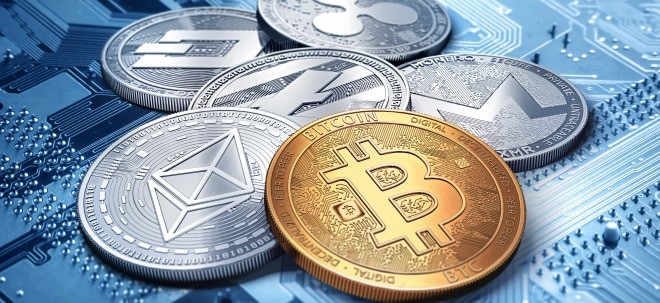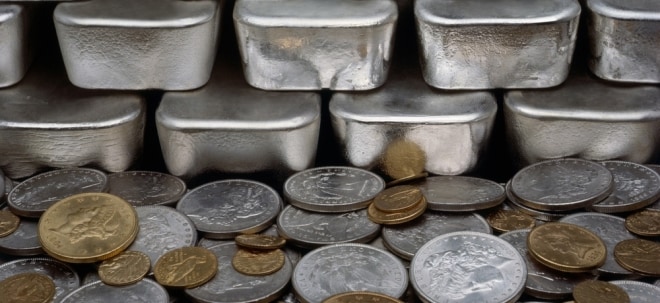'Practical men, who believe themselves to be quite exempt from any intellectual influence, are usually the slaves of some defunct economist."
'..Many talk as if banks can "lend out" their reserves, raising concerns that massive excess reserves created by QE could fuel runaway credit creation and inflation in the future. But banks cannot lend their reserves directly to commercial borrowers, so this concern is misplaced.
Banks do need to hold reserves (as a liquidity buffer) against their deposits, and banks create deposits when they lend. But normally banks are not reserve constrained, so excess reserves do not loosen a reserve constraint.
Banks in aggregate can reduce their reserves only to the extent that they initiate new lending and the bank deposits created as a result flow into the economy as new banknotes as the public demands more of them.
QE does aim to ease financial conditions and spur more bank lending than otherwise would have occurred, but the mechanisms by which this happens are much more subtle and indirect than commonly implied.
If the excess reserves created by QE were to be associated with too much credit creation, central banks could readily extinguish them. The central bank balance-sheet mechanics of QE and how they relate to bank credit creation may sound a bit wonkish. But correctly understanding how the transmission mechanism of QE works is important.
It is fine for policymakers, economists, and market participants to disagree about the appropriateness and efficacy of QE, but at least they should do so on the basis of a correct understanding of its balance-sheet mechanics ..'
full text http://www.standardandpoors.com/spf/upload/...at_After_Me_8_14_13.pdf
-----------
'Being a contrarian is tough, lonely and generally right'


 Thread abonnieren
Thread abonnieren


